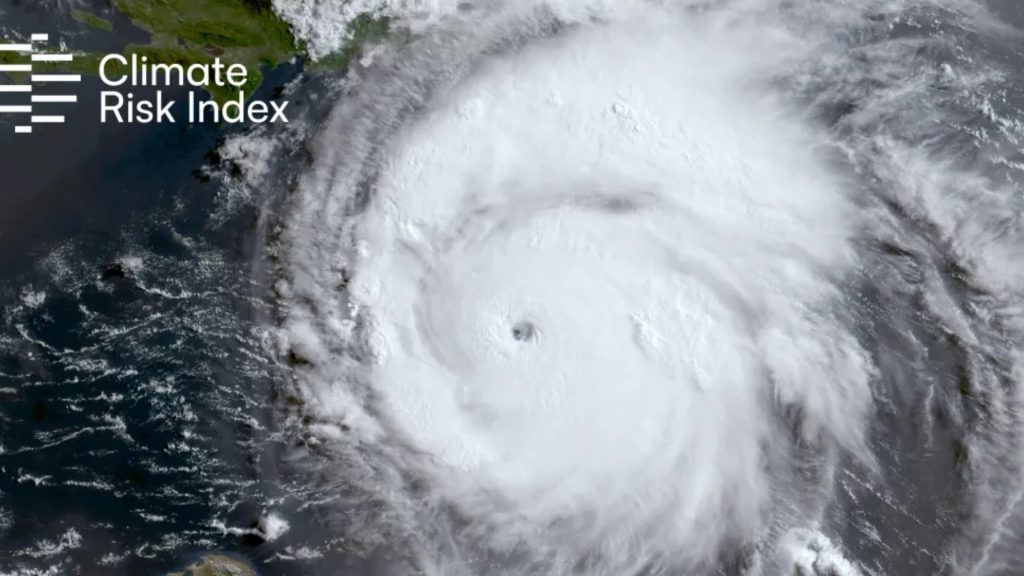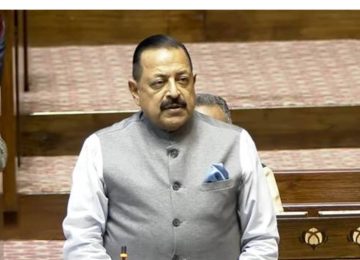The newly published Climate Risk Index (CRI) 2026 delivers a severe warning to global leaders. It particularly highlights the mounting human and economic toll of climate inaction in populous nations like India.
The retrospective index, which ranks countries by the impact of extreme weather events over the last 30 years, categorizes India as one of the nations most affected by recurring extreme events.
The CRI 2026, which spans the period from 1995 to 2024, reveals that climate change is transforming unusual extreme events into ongoing threats, creating a “new normal” for vulnerable countries. While the long-term list of most-affected nations is topped by Dominica, Myanmar, and Honduras, the inclusion of India is notable as a country continually battling repeated climate disasters alongside the Philippines, Haiti, and Nicaragua.
Global cost of climate inaction:
Globally, the CRI 2026 starkly illustrates the growing cost of delay. Over the last three decades (1995–2024), more than 832,000 lives were lost worldwide due to climate-related extreme weather. Direct economic losses during this period exceeded $4.5 trillion (inflation-adjusted), driven by over 9,700 extreme weather events.
The analysis identifies storms (causing 58% of economic losses) and floods (accounting for almost half of all affected people) as the most destructive short- and long-term impacts. Heat waves and storms were equally responsible for the most fatalities, each causing 33% of global deaths.
The developing world bears the brunt:
The CRI emphasizes that the Global South bears the largest impact, possessing substantially lower coping capacities compared to high-income nations. In the 2024 short-term index, eight of the ten most affected countries belonged to the low-income and lower-middle-income groups.
Furthermore, climate science confirms that human-caused climate change is intensifying these disasters. Even the El Niño phenomenon at the beginning of 2024 was amplified by climate change, with the summer of 2024 being recorded as the hottest on record.
The report concludes with an urgent plea for effective solutions at COP30. It stresses several needs. These include immediate global emissions reduction and accelerated climate adaptation efforts. Robust climate finance is also essential to address the escalating loss and damage faced by countries like India.












